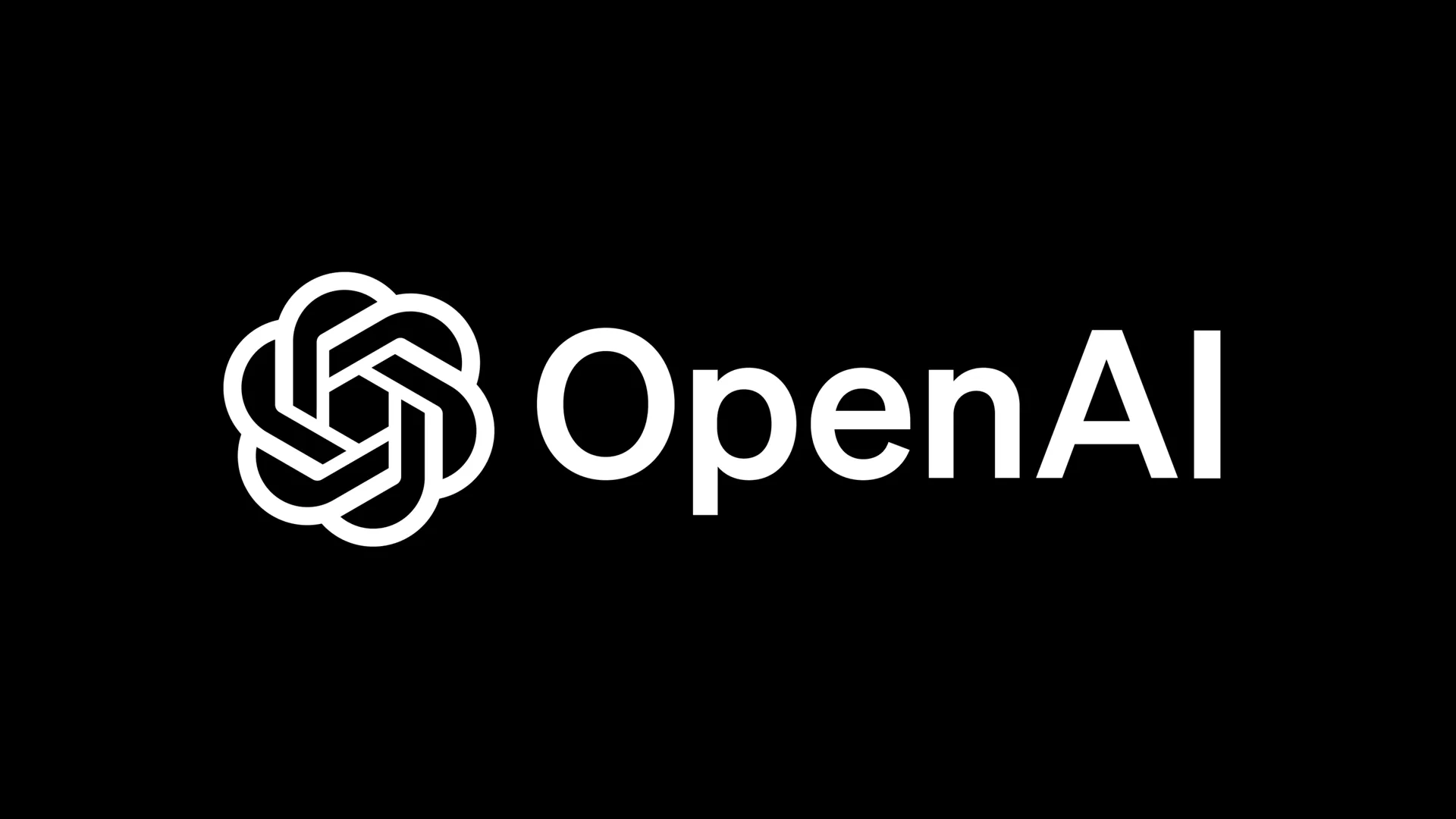Britain’s largest mobile networks have joined the Government to tackle scam calls and texts. Through the second Telecommunications Fraud Charter, they aim to make the UK harder for fraudsters to target.
To achieve this, networks will upgrade systems within a year to prevent foreign call centres from spoofing UK numbers. Additionally, advanced call tracing and AI technology will detect and block suspicious calls and texts before they reach users.
Moreover, clear commitments are in place to support fraud victims, reducing the time it takes for help from networks to two weeks. Consequently, victims will receive prompt, specialist assistance to recover quickly and confidently.
Furthermore, improved data sharing with law enforcement will enable them to track down scammers and dismantle their operations. By collaborating across sectors, organised criminal networks can be disrupted and prevented from targeting the public.
Since fraud is the UK’s most reported crime, it causes financial losses and emotional distress. Additionally, scam calls erode public trust in essential services and cost the telecom industry millions of dollars annually.
Therefore, the Telecoms Charter sets measurable goals, ongoing monitoring, and best practice guidance for networks. Through AI tools, staff training, and public messaging, networks aim to stay ahead of evolving scam tactics.
Finally, international collaboration, such as UK-US actions against Southeast Asian fraud centres, complements these efforts.
Overall, this initiative forms part of a wider Fraud Strategy and Government plan to safeguard citizens.
Would you like to learn more about AI, tech and digital diplomacy? If so, ask our Diplo chatbot!










